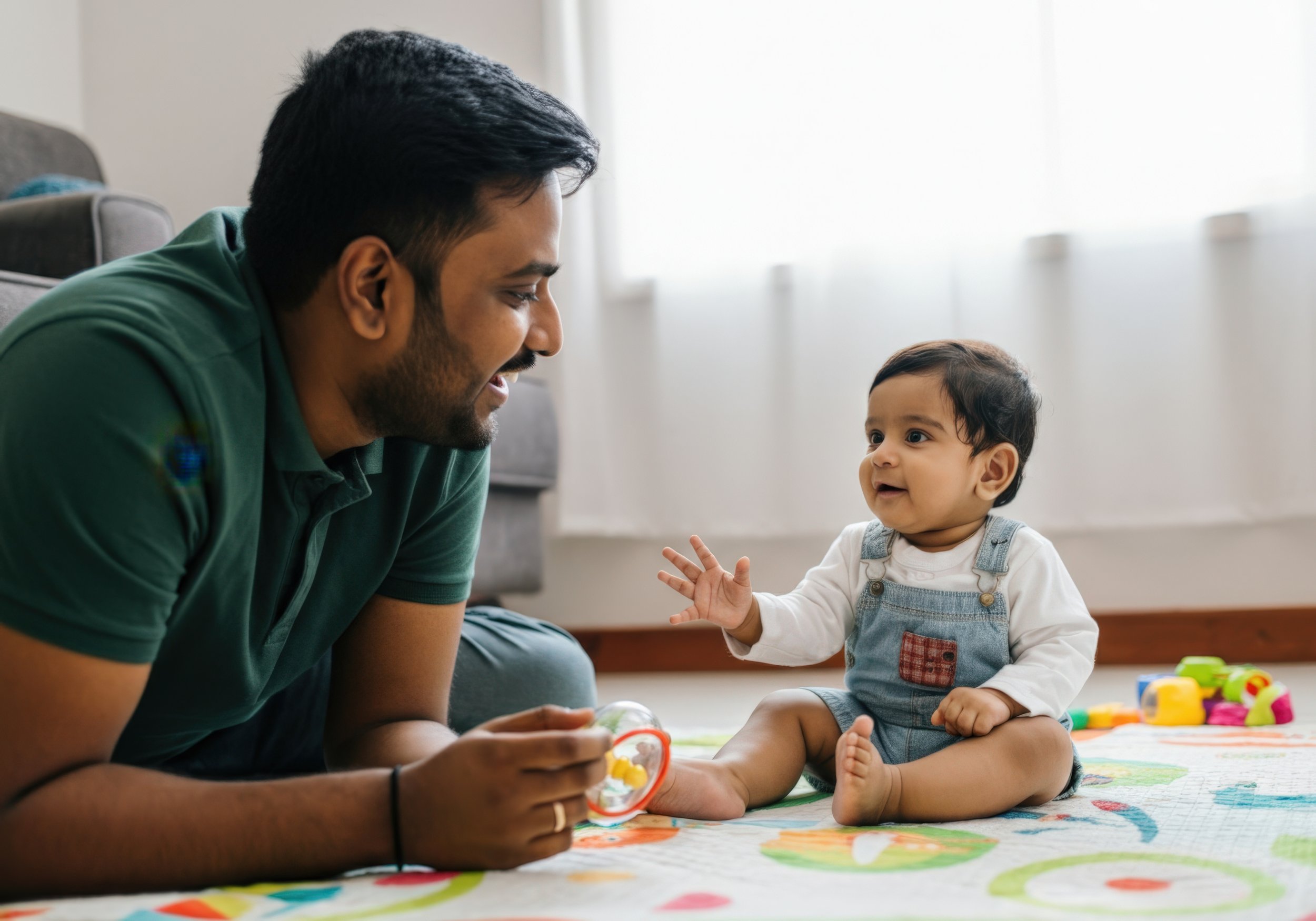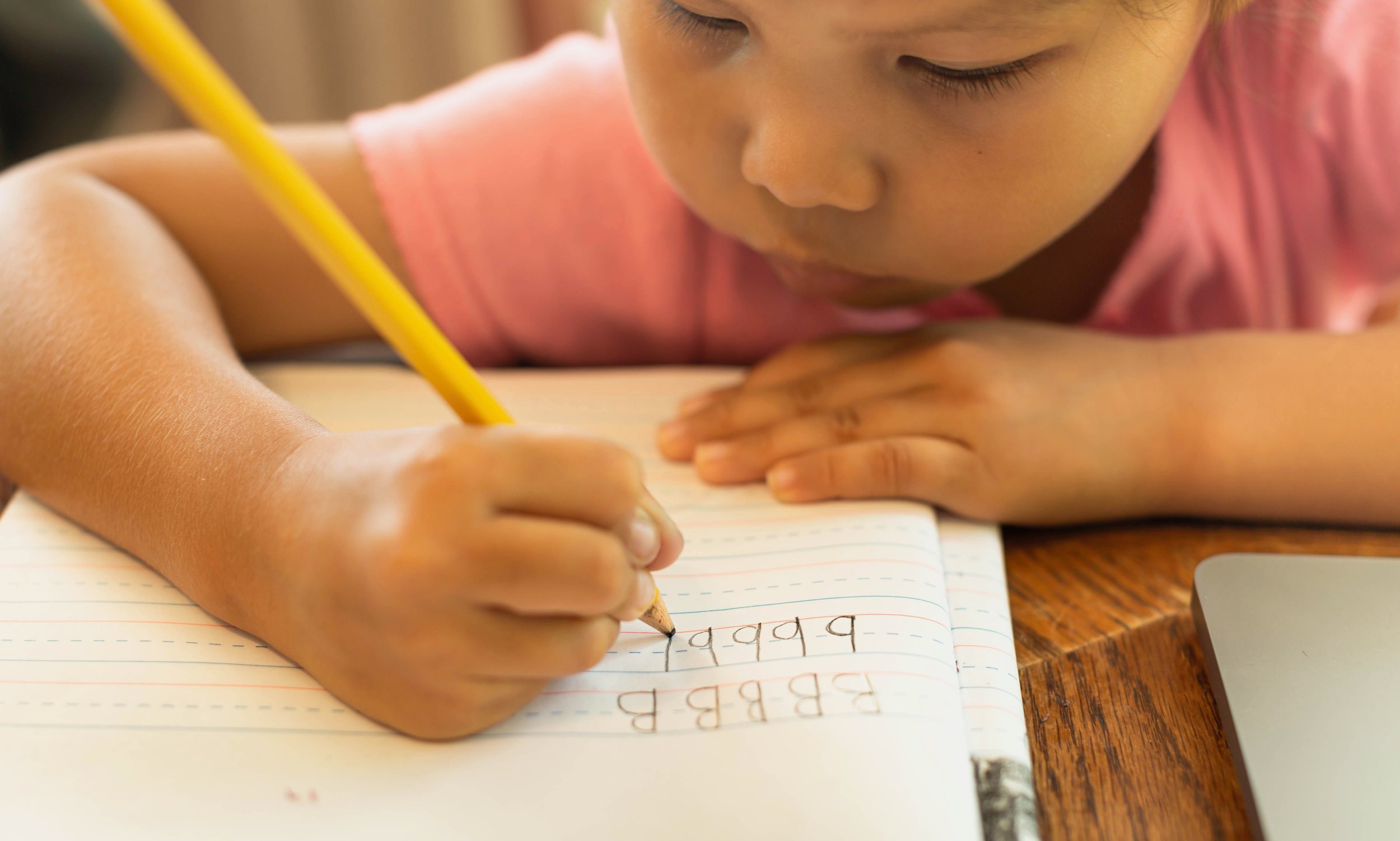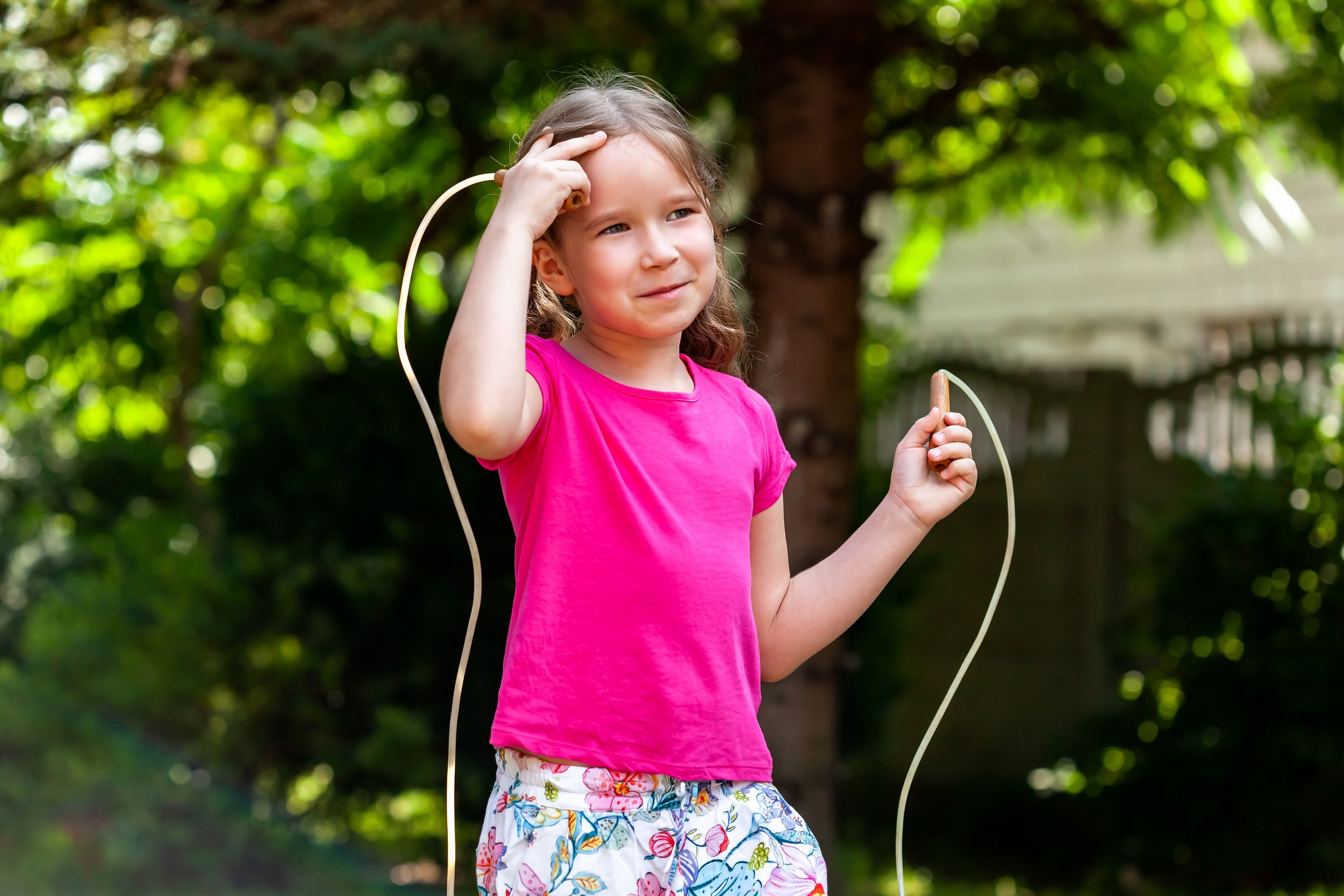OT services
Canberra Kids OT provides mobile occupational therapy services for your child (0–18 years) across Canberra.
Your child may need support to build foundational skills, confidence and independence if they have a developmental delay, physical disability, or neurological or genetic condition. Therapy is tailored to your child’s needs and delivered where it matters most — in your home, childcare, school, or via telehealth.
Assessments
First, Nicole gets to know your child — their strengths, challenges, routines and goals. Depending on your child’s age and needs, assessments may include observation, play-based tasks, standardised tools and input from you or your child’s educators. These assessments identify your child’s needs and guide an individualised therapy plan. Comprehensive reports can be provided when required — for funding purposes or to support collaboration with your child’s health professionals or educators.
Functional Capacity Assessments
Nicole also offers Functional Capacity Assessments (FCAs), which provide a comprehensive review of your child’s daily skills—such as moving, communicating, learning and self-care.
FCAs help to understand your child’s functional abilities and support needs and provide clear recommendations for intervention—information that helps the NDIA determine the right level of funding and support and which guides individualised therapy plans.
During the assessment, Nicole will gather detailed information about your child and complete thorough assessments across key areas of development.
Upper limb therapy
If your child has hemiplegic cerebral palsy, they may benefit from specialised support to develop functional, bimanual (2 handed) skills in everyday life. Nicole is accredited to administer the Hand Assessment for Infants (HAI) and the Assisting Hand Assessment (AHA), which measure and evaluate hand function and guide therapy planning.
Therapy approaches include:
Modified constraint-induced movement therapy (mCIMT): Supporting your child to develop spontaneous use of their assisting arm through repetitive practice of movements and actions.
Bimanual therapy: Working with your child to use both hands together—whether that’s dressing, eating, playing, or school tasks—through careful selection of toys and activities that encourage targeted functional actions using both hands.
Equipment and assistive technology prescription
Nicole can assess and prescribe specialised equipment and assistive technology to support your child to participate more independently, safely and comfortably in everyday environments — at home, at school and in the community. She will work with you to trial equipment and identify the most suitable options, which may include:
Seating and positioning equipment for mealtimes, play, or classroom activities
Mobility aids such as wheelchairs or supportive strollers
Bathing and toileting equipment to support hygiene and safety
Manual handling and transfer aids, including hoists and positioning devices
Adaptive tools for dressing, eating, or play
Assistive technology solutions such as handwriting alternatives for note-taking
Nicole will support you in applying for funding by completing the necessary applications and will help you and your child learn to use your new equipment or technology once it’s delivered.
Play and early development
Your child may need support to build foundational play skills for learning, independence and social connection through activities that include:
Engaging in independent or interactive play
Using their hands and body in play activities
Exploring toys and materials in new ways
Developing their problem-solving and pretend-play skills
Fine motor and handwriting skills
Nicole can support your child to develop the coordination, strength and control needed to use their fingers and hands for everyday tasks, such as grasping and manipulating small objects.
Depending on your child’s goals, sessions may cover:
Pencil grasp, pre-writing and handwriting skills
Scissor use and tool handling
Visual–motor integration and hand–eye coordination
Managing clothes fastenings such as buttons and zippers
Self-care and daily living skills
Nicole can help your child develop the skills they need to participate more independently in daily activities at home, school and in the community. Common focuses include:
Getting dressed and managing fastenings
Feeding and mealtime independence
Toileting routines and personal hygiene
Morning and evening activities (including strategies for sleep challenges)
Cognitive approaches to skill development (CO-OP)
Nicole is trained in the Cognitive Orientation to Daily Occupational Performance (CO-OP) approach and offers this evidence-based intervention to help children learn new physical or coordination-based tasks that are meaningful to them.
This may include:
Dressing tasks like tying shoelaces or managing hair (e.g. tying a ponytail)
Learning to skip or play a sport
Handwriting or classroom tool use
Organising school materials and daily routines
The CO-OP approach guides your child to plan, reflect and apply strategies to meet their goals, fostering independence, confidence and lasting functional change across home, school and community settings.
Home programs
Supporting a child’s progress works best when everyone around them feels informed and empowered. Nicole provides home programs with practical strategies to help parents support their child’s progress in everyday routines and activities. These supports are tailored to each child’s goals and family life, making them achievable and sustainable. Nicole works closely with parents to help them feel confident in applying therapy strategies at home and adapting them as their child grows. Where appropriate, she also collaborates with teachers and school staff to support consistency between home and educational settings.
Home programs are provided as part of your child’s overall therapy plan.









